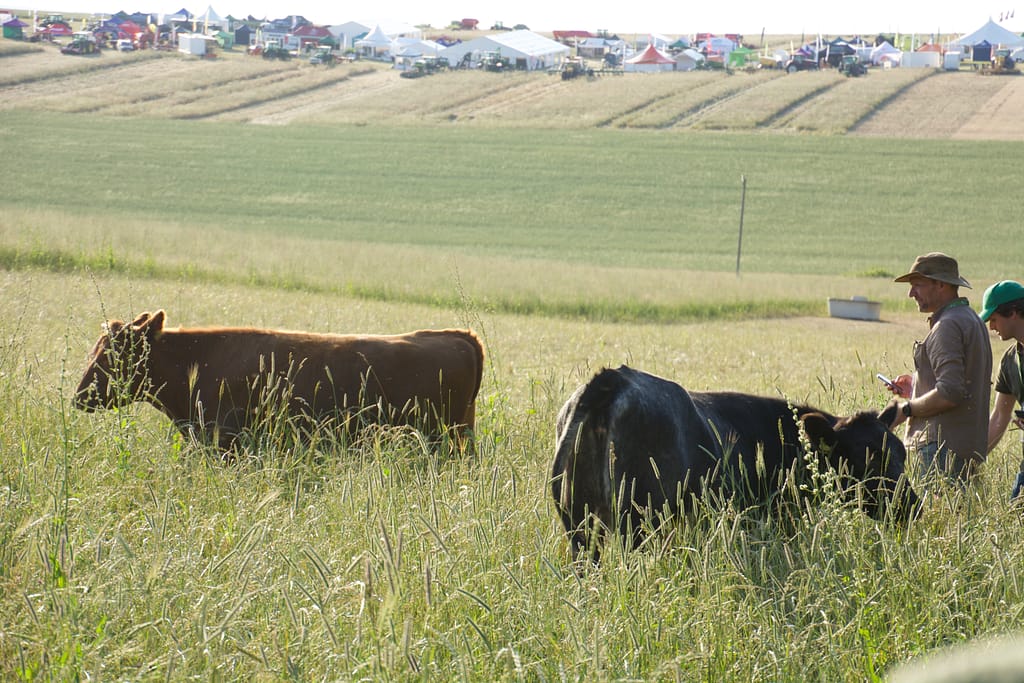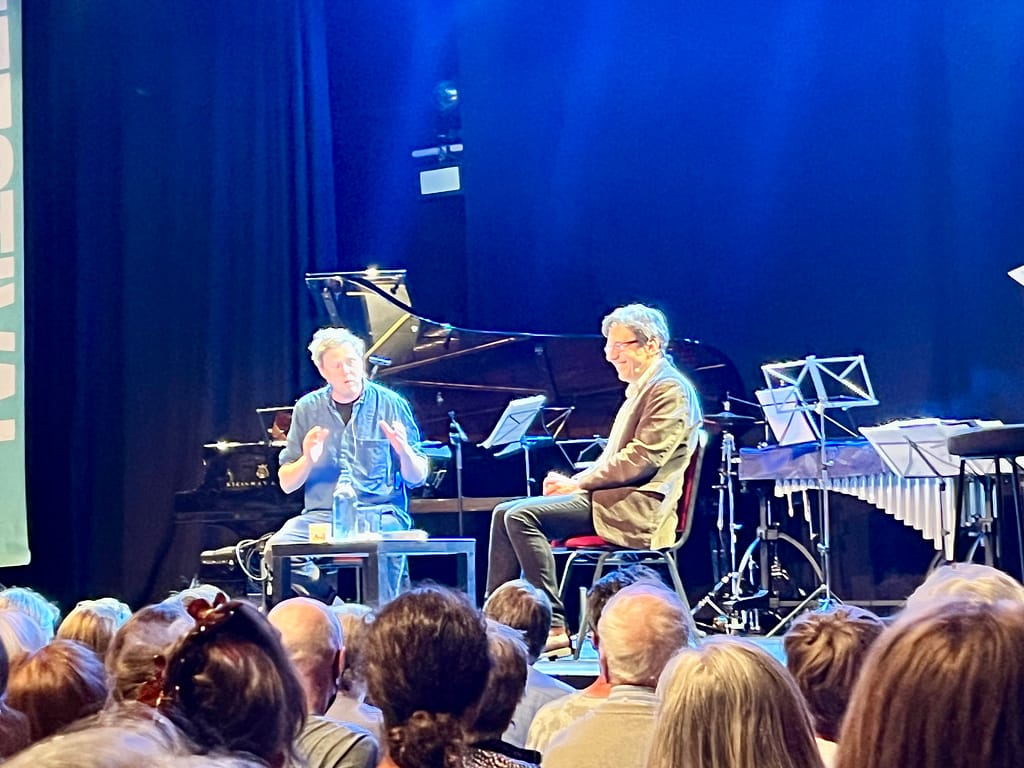After attending several events last year to do with regenerative agriculture, food systems and health, what are the common themes and reflections?
The main one – controversy – but a palpable desire for some open dialogue and common sense. In this series of posts, we look at the multi-faceted arguments and try to find some common ground.

Overview
World view One
To save the world we must eat less meat, preferably none and ideally no beef. The data supporting this view is incontrovertible, agreed by the majority of scientists, scientific bodies including the IPPC, a multitude of environmentalists from Greta to Sir David and even the NHS. Argument over, plant-based is where it’s at; break out the Quorn I’ve gone vegan.
World view Two
Food production should be based on biology, not chemistry; working with nature, not against her. A diverse, mixed farming system as opposed to monocultures, results in natural abundance, with soil at the heart which thrives with the integration of livestock. We cannot fix degraded land without animals; break out the steak; I’m going carnivore.
Which is right?
This seems like an either/or situation. One is right, one is wrong. So certain are those in each camp and such is the animosity towards the other world view it feels like tribalism.
The most contentious and controversial talk at Groundswell 2022 was “in conversation” with George Monbiot following the publication of his latest book Regenesis. The majority of Groundswell popular talks now boast around 1k YouTube views. George’s has 7.7k. The reaction of the Groundswell community was one of frustration. Whilst George was very welcome, he seemed to have come to talk at; not to listen, not to debate, much less to learn. On the day there were walkouts from the tent, such was the emotional response. George was probably OK with that; he sees himself as a prophetic figure telling the uncomfortable truth; and upset is part of purposeful change. But there was a real longing in the thronging multitudes for debate; getting to grips with arguments and perspectives from both sides, finding common ground and agreeing where to disagree. Probably, also looking to win over the other side too of course by pinning down the facts that support their perspective.
At the Amsterdam Global summit on regenerative food systems and agriculture, XR activists protested outside the hotel, unsuccessfully preventing people from getting into the event. They were protesting greenwashing by big corporations involved at the summit. Many participants felt it would have been better to have the activists inside the event, rather than glued to the outside of it. And there was the same feeling as at Groundswell; all sides generally want similar outcomes, we should be able to understand each other and make the food system a positive environmental factor rather than a negative one. Please can we have this debate!
The Sustain #meatdebate attracted attendees from across the divide and bravely set out to do precisely that. Although the majority of speakers were from the regenerative agriculture movement, there were representatives of the opposite side of the debate too; notably Henry Mance, introduced as a journalist from the FT. Henry is a well-known author and campaigner for veganism. Realising the incendiary potential in the room, the hosts from Sustain emphasised the need for respectful discussion and listening. When floor discussion started to get heated, this was politely shut down. Some thought that such debates should have been allowed to run slightly longer.
I also attended several other events, such as the Green Farm Collective, Oxford Real Farming Conference and visited farms including Overbury Estates managed by Jake Freestone, a leading regenerative farmer. I talked to many passionate advocates from both world views to get an understanding of how each side sees things.

As with so many issues these days, this whole topic is controversial and feels like tribal warfare. Surely it does not have to be this way, and as innovators at SI we would hope to be able to separate ourselves from the emotion and offer some useful approaches to breaking through the heat to offer some light.
Where do you stand? Are you in tribe 1 or tribe 2? Are you open to at least understanding the counter point of view? Would you even, under the right circumstances, change your mind?
So, buckle up. We are going to publish a further 3 posts in this series. Two laying out the perspective of each tribe and the final one establishing where we could find common ground.
Enjoy the ride……
